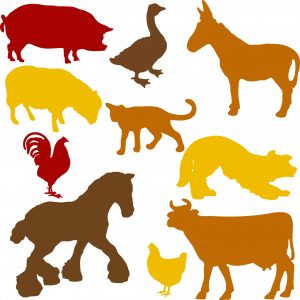
The Farmer in the Dell is a fun nursery rhyme that was first recorded in Germany in the late 1820s. The main purpose of this rhyme was a courtship game on how to choose a wife. The song came to America when German immigrants came to America. This rhyme made its first appearance in the early 1880s in New York.
What skills do children 0-5 develop when interacting with this rhyme?
As children listen to this rhyme, they develop certain skills such as listening to the music; enjoying and displaying emotional and creative responses and developing memory skills. For some children, as they listen to the Farmer in the Dell, they may move their bodies to the beat of the music. This type of motor skill helps a child blend motor skills with words. The repetition of the verses helps children to remember what they are singing
Other skills a child can learn from this nursery rhyme
The repetition of the words in this rhyme helps a child to remember what he or she has just heard. In addition, the repetition of words in a rhyme helps a child to become more aware of individual units of sounds, sounds that make up words. Most importantly, nursery rhymes can lead a child toward enjoying books.
In addition, nursery rhymes offer social benefits to a child; when they are sung as in a group, a child begins to enjoy singing with others. This can be a wonderful way for him or her to connect with other children. Nursery rhymes also provide an interesting way to link us to the past.
What topics does this nursery rhyme explore?
There are several key topics in this nursery rhyme that can help children explore such as the Dell. Children can ask and discuss the Dell; what it is and its purpose. Other topics that can be explored are marriage, children, farm animals, dogs, rats and cheese. Children can also explore the importance of farms and the hard work that goes into it. Children, and their meaning and purpose of living on a farm, can also be explored.
How can parents and teachers use this rhyme to foster educational experiences?
Parents and teachers can use this rhyme to foster educational experiences with children by taking them on an outing to a farm and letting them see what it is like living and operating a farm. They can see for themselves what a farm looks like, how it is run and see the animals and other creatures on the farm. The trip would add meaning to the nursery rhyme and it would be a fun experience for children.
To conclude, this nursery rhyme is a lovely and fun rhyme that not only entertains children but also offers many skills a child can learn by singing and participating with other children as they sing along with the rhyme. Talk with a teacher about this nursery rhyme or let your child hear it online or sing along with them at home.